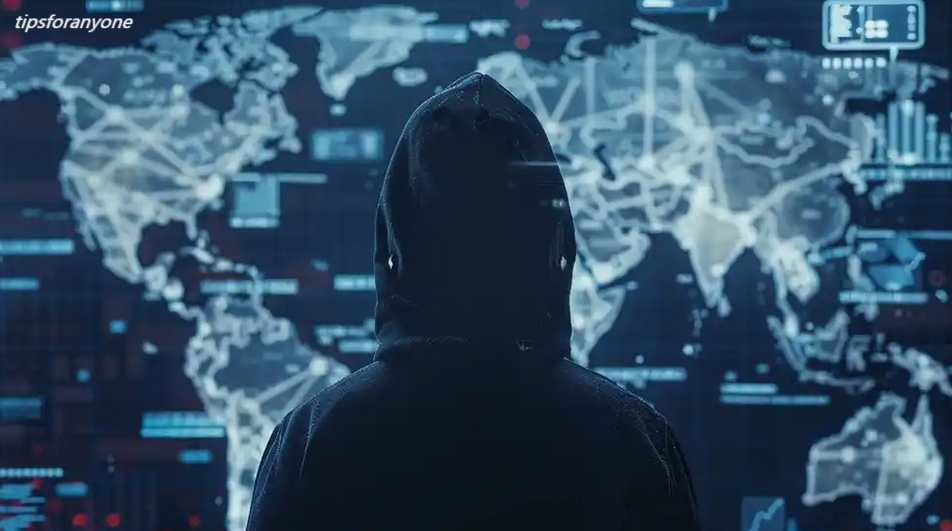The CEO and founder of Telegram, Pavel Durov, was detained on an outstanding warrant on Sunday, August 25, upon landing his private jet in France. Fast-moving rumors about Durov’s detention spread throughout the messaging app community, social media, and tech sectors.
Techopedia works to ascertain how Telegram users are being affected, what their concerns are, and what the future may hold as the media keeps covering the evolving narrative and the accusations made against him and Telegram.
Concerns about security among users as the Telegram scandal grows
With over 900 million users, there are greater concerns than ever about Telegram’s security.
Are my Telegram conversations secure now? Is it better to deactivate my Telegram account and use another messaging app? Now that Telegram is involved in a well-known case including drug trafficking, terrorism, money laundering, and disinformation, what will happen to my data on the app?
Techopedia spoke with professionals to find the best possible answers to some of the questions that users of Telegram have.
In an interview with Techopedia, Yashin Manraj, CEO of Pvotal, a business that assists businesses in creating cutting-edge cloud-native systems, discussed what Telegram users might anticipate in the near future.
Manraj clarified that during the previous few months, Durov and the Telegram developer community had created a number of backup plans to guard against any data breaches or unauthorized access.
Like Linton, however, Manraj expressed uncertainty about the Telegram team’s ability to continue the degree of defiance and seclusion that Durov upheld while leading the business.
With Signal winning in terms of privacy and security over Telegram. Manraj also explained this to the users.
Less than 3% of users utilize all of Telegram’s Secure Chat features, which are limited to one-to-one chats, and the platform does not by default activate End-to-End Encryption (E2EE).
According to Manraj, users won’t need to worry too much about Telegram as long as they recognize that it functions more like a social media network than a secure communication tool and adjust their behavior accordingly.
Forecasting Telegram’s Future Is Difficult
Users should exercise patience and “wait” to see how the story develops, according to Alexander Linton, Director of OPTF, a non-profit software development group that works to produce secure and privacy-protecting solutions, as stated in Techopedia.
The future of Pavel Durov’s situation is uncertain, making it difficult to predict its impact on Telegram or the company. Linton warned against spreading fear and misinformation, advising readers to verify news about Pavel or Telegram and take it with a grain of salt.
Will the Government and Other Parties Get Access to My Telegram Data?
According to Linton, Director at OPTF, Telegram keeps two versions of the app: one with some channels and content removed (in accordance with Google and Apple content restrictions) and other versions with channels that they distribute on their own.
In response to a question about whether Telegram will exploit user profiles for advertising and income in a manner like Facebook or Instagram, Linton stated that uncertainty has always existed when working with centralized, unencrypted networks.
Telegram’s for-profit operation raises concerns about user privacy. Linton suggests users should consider using alternative messaging apps like Session or Signal, which minimize metadata collection and use end-to-end encryption. He urges users to be aware of who they are sharing their data with.
Will My Data Be Monetized by Telegram?
Telegram has access to all non-E2EE messages and metadata, allowing it to monetize its user base effectively with fewer roadblocks and data aggregation techniques to combat encryption.
Experts like Manraj argue Telegram’s inherent risks, including low data security, make it difficult to implement changes, but any changes could potentially benefit users.
Manrja suggests that the charges against Durov, the prosecutor’s framing, and Telegram’s responsibility could potentially impact the social media and messaging sector, leading to potential disenfranchisement of users.
There is no proof that Telegram’s security claims are true
Telegram, a messaging app, claims to be one of the safest, but there is no fundamental research to prove its security. According to Manrja, the platform’s self-proclaims of independence have not been verified or audited, and their implementation choices lack trust and transparency in how they use data.
The bottom line
However, he predicts more crackdowns on groups sharing copyrighted material, illicit pornography, and drug marketplaces. Telegram’s future is uncertain, but it has been plagued by controversies related to criminal activities, misinformation, and unproven privacy claims.
Telegram’s founder’s charges against the messaging app are ongoing, and users will have to wait for a quick resolution. Those feeling unsafe should consider switching to another app or enhancing security on Telegram. As the scandal continues, it is crucial to stay updated and take necessary actions to protect their identity and data.










